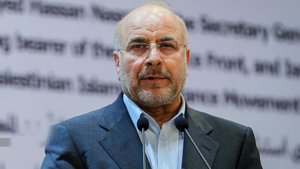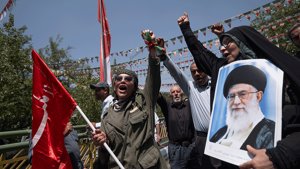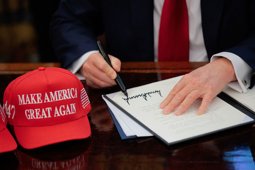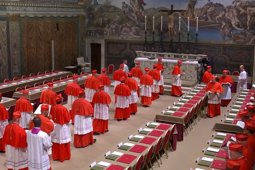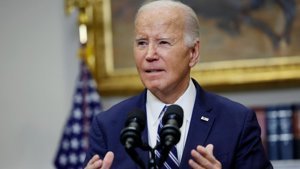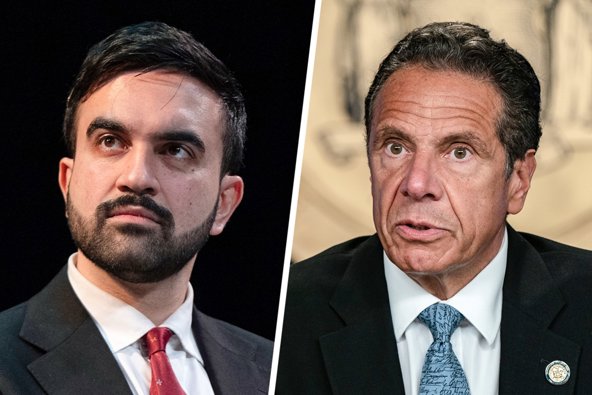
Cuomo Stays in NYC Mayor Race, Faces Mamdani’s Progressive Push
Cuomo stays in NYC mayoral race as an independent, facing off against Mamdani’s progressive agenda amid criticism and controversy.
Cuomo’s Independent Bid Roils Mayoral Contest
Former New York Governor Andrew Cuomo has declared he will continue his run for New York City mayor as an independent, refusing to concede after losing the Democratic primary by double digits to Zohran Mamdani. In a video posted to social media, Cuomo emphasized that only 13% of New Yorkers voted in the June primary and vowed to fight through the November general election. “My opponent, Mr. Mamdani offers slick slogans but no real solutions,” Cuomo said, underscoring a campaign theme that has intensified the contest’s rhetoric.
Mamdani’s victory—achieved through an energized grassroots campaign targeting the city’s cost of living and leveraging platforms like TikTok—surprised many observers. The 33-year-old state assemblyman from Queens is poised to become the city’s first Muslim and millennial mayor if successful in November. His campaign has proposed bold progressive reforms, including fare-free bus rides, tuition-free CUNY, a rent freeze on public housing, universal free childcare, and government-run grocery stores.
Despite his primary loss, Cuomo has positioned himself as a centrist alternative, arguing that Mamdani’s plans lack practical solutions and warning about the future of the city under a socialist administration. “While Andrew Cuomo and Eric Adams trip over themselves to make deals in back rooms with billionaires, we are focused on fighting for working New Yorkers,” Mamdani countered, signaling a generational and ideological split.
Divided Field, Endorsements, and Public Scrutiny
The general election field is crowded. Alongside Cuomo and Mamdani, Republican Curtis Sliwa and incumbent Mayor Eric Adams, now running as an independent, are on the ballot. Sliwa criticized both Cuomo and Adams for seeking relevance after primary defeats, while Adams dismissed Cuomo’s attempts to unite non-Mamdani candidates as political maneuvering. “Let the voters decide this November,” Sliwa remarked, highlighting the unpredictable nature of the race.
Mamdani, meanwhile, continues to gather endorsements from major unions and progressive leaders, including Rep. Alexandria Ocasio-Cortez. However, his campaign has also faced scrutiny over past staff associations and activist rhetoric. A former intern’s resurfaced video describing activism as “jihad” and verbally confronting police at protests has drawn criticism, though the campaign has focused on policy issues and expanding outreach across the city.
Mamdani’s supermarket plan, which proposes five government-run grocery stores—one in each borough—has become a flashpoint in the race. Critics, such as Ohio Rep. Michael Rulli, warn it would “be a bullet into the heart of the U.S. grocery industry,” threatening small businesses and limiting consumer choice. Rulli argued that eliminating competition would drive up costs and hurt blue-collar New Yorkers, while Mamdani and his allies argue the program is essential to combating food insecurity.
As the campaign season intensifies, candidates are jockeying to consolidate support. Cuomo, acknowledging past mistakes and polling missteps, has discussed consolidating the anti-Mamdani vote to prevent what he calls a “serious threat to the future of the city.” He has indicated that, if necessary, non-Mamdani candidates may unify around a single contender by September to maximize their chances against the progressive frontrunner.
With the general election drawing near, New Yorkers face stark choices on the direction of their city. The outcome will likely define the city’s approach to governance, public services, and its national political reputation for years to come.


